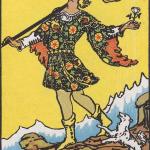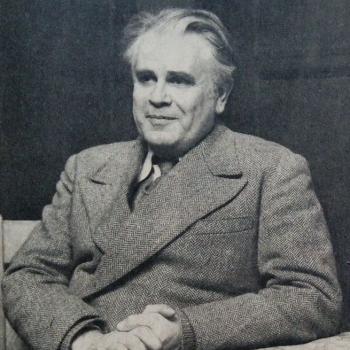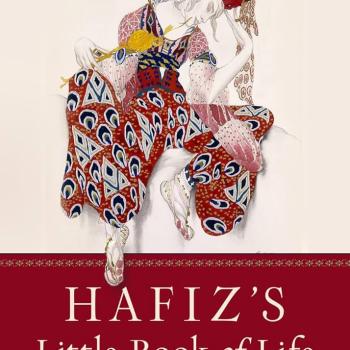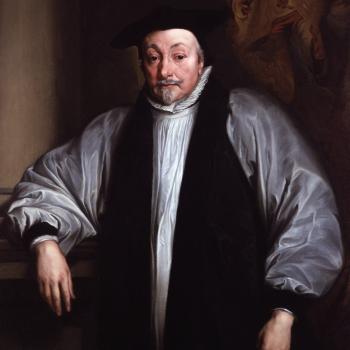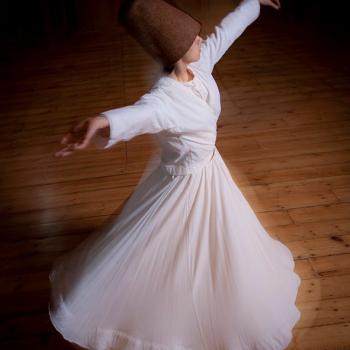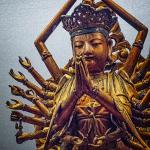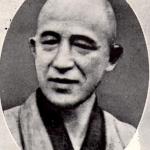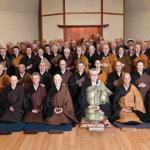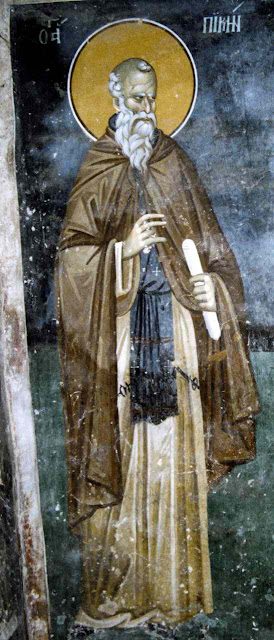
Me, I’m endlessly fascinated by the monks and nuns we now call the Desert Fathers and Mothers. They represent a movement that began in the third century in what we think of today as Israel and Palestine, Syria, Arabia, and most of all in the Egyptian desert.
They first captured my imagination through Thomas Merton’s carefully curated collection, the Wisdom of the Desert. And this interest has continued on since.
Today, the 9th of September (in the Gregorian calendar, the feast is also observed on the 27th of August, by those who follow the Julian) is the feast for one of the premier among the Desert Fathers and Mothers, Abba Poemen the Great.
By tradition Poemen was born in the vicinity of 340 in Egypt and died in the vicinity of 450.
His biographers say he demonstrated an inclination to holiness as a child, and there were portents of his coming greatness as an athlete for God. He and two of his brothers received tonsure as monks at Skete (or Scetis) now called Wadi El Natrun, one of the three great centers of the desert monastic movement. Their mentor was Abba Anoub. They followed a hard rule of work and prayer, with one meal a day, consisting mostly of some vegetables. He is cited as saying of this “In this manner, we spent our entire life in silence and peace.” Over the years he grew in wisdom and people began to seek his guidance.
In the year 407 the monastery was overrun by bandits. Two bands of the monks fled, one led by Abba Poemen. They lived for a while in an ancient abandoned temple. It was actually during this time that the sayings of the teachers began to be collected into the Apophthegamata, the Sayings of the Desert Fathers (and Mothers).
Sayings specifically attributed to Poemen count for a seventh of the collection. And are generally believed to be the nucleus around which the collection was formed. With this scholars have speculated whether there were, and there were several Poemens. Some suspect the Poemen of the collections was not in fact historical, but a type, to whom various otherwise unattributed sayings were given a source. I note given the givens of his life as told, living to be 110 seems a bit unlikely. Possible, but unlikely.
That noted his personality is also the personality of much of the collections, revealing on the one hand a fierce personal asceticism, while remaining endlessly hospitable and tolerant of others at whatever place their spiritual lives took them.
For a bit of a taste of the teacher, a small selection of five of his sayings from Benedicta Ward’s Sayings of the Desert Fathers, lightly edited.
If someone has sinned and denies it, saying “I haven’t sinned,” do not reprimand, for that is discouraging. But say, “Do not lose heart, but be on guard in the future,” and you will stir the soul to repentance. (saying 23)
The victory over all afflictions that befall you, is, to keep silence. (saying 37)
Do not judge yourself, but live with someone who knows how to behave properly. (saying 73)
He said concerning Abba Pior that every day he made a new beginning. (saying 85)
Let go of a small part of your righteousness and in a few days you will be at peace. (saying 141)


